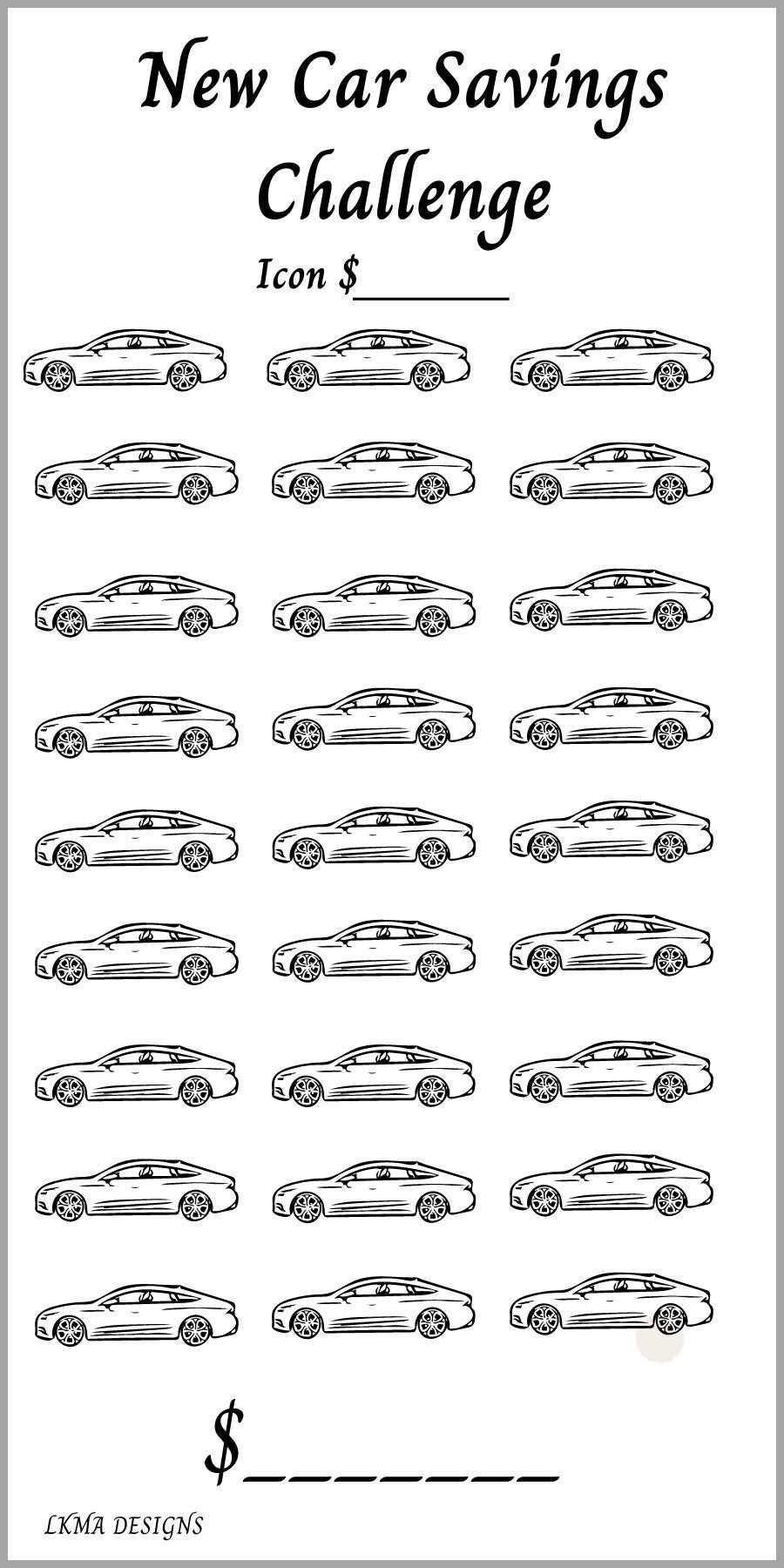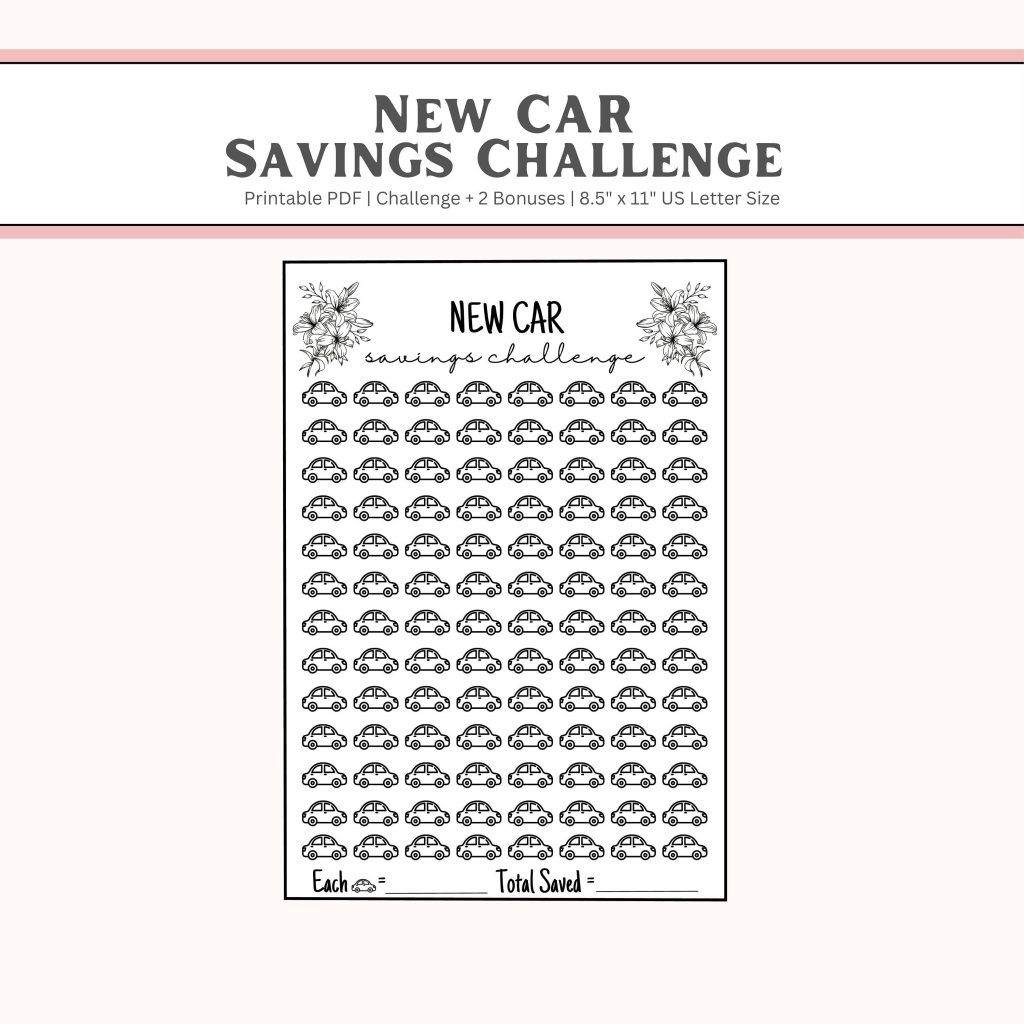

Unlock New Car Savings: Negotiating the best possible price for your new car at US dealerships is crucial in securing the vehicle of your dreams without breaking the bank. Navigating the complex world of car sales can feel daunting, and many find themselves unsure of how to effectively negotiate to get the best possible price. Understanding common tactics employed by dealers and knowing how to counter them is vital to secure favorable deals. This guide breaks down the top strategies, offering actionable steps for negotiating car prices at US dealerships and ensuring you get the greatest possible value for your money. We will delve into essential negotiation secrets, from research methods to pressure tactics, providing you with actionable strategies. Expect an in-depth look at various car buying and selling techniques within the US automotive market.
Researching the Market for Optimal Value
Understanding Fair Market Value
One of the first steps to unlocking new car savings is meticulous research to understand fair market value. Use online resources, automotive market analysis websites, and consumer reports to obtain accurate market prices for similar models and years. Consider features, trims, and condition when evaluating pricing.
Comparing Dealership Inventory
Compare similar vehicles across dealerships in your area. Identify discounts, incentives, and promotional offers. This research is crucial for understanding the prevailing market pricing and your leverage as a potential buyer. Often, dealers have slight variations in their pricing strategies, and comparing their offers can provide significant insights into optimal negotiating positions.
Evaluating Condition and Features
Condition and features greatly impact pricing. Factors such as mileage, damage history, or unique features need careful consideration when evaluating the market value of a specific vehicle. A used car’s condition, often reflected in its mileage, can greatly affect pricing.
Leveraging Online Tools and Resources
Leverage comprehensive online tools and resources. Many websites provide detailed analyses of pricing trends, and such resources are essential to obtain accurate, objective market insights. Researching online forums and reviews of dealerships can be helpful in finding potential pitfalls and uncovering insights that might prove valuable.
Mastering Negotiation Tactics for Savings
Crafting a Winning Strategy
Developing a well-defined strategy is crucial for navigating car negotiations. This involves setting a realistic budget, exploring suitable financing options, and identifying a suitable walking away point. Understanding your priorities is essential to ensure a successful outcome. A well-defined strategy involves identifying the potential price range based on research. Start with a price below the market value range, aiming to leverage the dealership’s profit margin.
Countering High-Pressure Tactics
Dealerships often employ high-pressure tactics. Stay calm and collected, and remember that you’re not obligated to make an immediate decision. It is important to identify and avoid common tactics, such as the manipulation of deadlines or the use of aggressive sales techniques. Maintaining composure under pressure allows you to make well-informed decisions.
Leveraging Incentives and Promotions
Scrutinize and utilize incentives and promotions offered by dealers. Identify potential discounts or special offers to effectively reduce the price. Check for trade-in values, as they can significantly influence the overall cost of a new car purchase.
Negotiating Trade-In Value
Negotiating trade-in value should never be overlooked. Ensure you have a clear understanding of your vehicle’s fair market value based on factors such as condition, mileage, and current market trends. Trade-ins can often be used to reduce the overall price of a new or used car purchase significantly, and understanding the potential value and negotiating strategies is key.
Understanding Dealer Strategies and Psychology
Identifying Dealer Profit Margins
Understanding the dealer’s profit margins is key to successful negotiations. Researching average dealership markups will inform your understanding of the price range. This will help set a realistic baseline for negotiations. A clear understanding of these margins will enable the buyer to negotiate strategically to minimize unnecessary expenditures.
Recognizing High-Pressure Tactics
High-pressure tactics are commonly used in car dealerships. Recognize these tactics and counter them by remaining calm and assertive, setting boundaries, and knowing when to walk away. Knowing how to spot these can dramatically improve your negotiating prowess.
Utilizing Pre-Negotiation Research
Engage in thorough pre-negotiation research. Understanding the value proposition, sales strategies, and customer profiles of various dealerships can give you a significant edge during negotiation. Pre-negotiation research is crucial for gaining a detailed understanding of the marketplace.
Knowing Your Leverage
Understanding your leverage is essential. Are you a cash buyer, or using financing, and what are the potential implications? By acknowledging your leverage, buyers can develop targeted strategies, potentially leading to more favorable negotiations.
Securing the Best Possible Deal
Setting Realistic Expectations
Setting realistic expectations is vital. A clear understanding of the car’s market value, along with an appreciation of the dealer’s profit margins, will help you to set a realistic starting point for the negotiation. Ensure expectations are grounded in the current market, allowing for a more fluid negotiation process.
Negotiating the Deal Price
Negotiate the actual price of the car, taking into account the initial research and the identified market value. Use your understanding of comparable prices and dealer strategies to your advantage. Aim for the most favorable price possible, recognizing the potential for discounts or incentives.
Finalizing the Agreement
Review all the terms and conditions of the deal before signing any documents. Ensure the agreed-upon price and any associated fees are accurately documented. Finalizing the purchase should be a conscious decision based on the agreed terms, ensuring full transparency throughout the process.
Handling Post-Purchase Concerns
If you encounter issues after the purchase, have your records readily available. Ensure you have a clear understanding of the warranty terms and conditions to avoid unnecessary difficulties. Following the purchase, ensure all aspects of the agreement are carefully reviewed, and any questions are answered in full.
Additional Tips for Success
Negotiating for Extended Warranties
Explore whether an extended warranty is beneficial given your budget and the vehicle’s condition. Compare extended warranties from various providers to secure the best possible value. Research options before committing to an extended warranty.
Getting Pre-Approved Financing
Getting pre-approved financing can significantly bolster your negotiation position. It demonstrates your financial capability, reducing the perceived risk for the seller and leading to better deals. Pre-approval provides leverage and clarity during the negotiation process.
Using a Trusted Advisor
Consider consulting with a financial advisor or automotive professional if necessary. An objective expert can provide guidance on pricing and negotiation strategies, offering potential insights to maximize your savings. A trusted expert can facilitate a smoother negotiation process and offer crucial insights.
Documenting the Negotiation Process
Maintaining Records
Maintaining detailed records of your research, negotiations, and agreements with the dealership is crucial. These records serve as a valuable reference during the negotiation process. Keep detailed records of negotiations with dealers.
Communicating Effectively
Maintain clear and concise communication throughout the negotiation process. Avoid ambiguity or misunderstandings. Clear and effective communication throughout the process is essential.
Using Comparative Shopping for Leverage
Comparing Offers
Comparing offers across dealerships is a powerful negotiation tactic. Gathering comparative data from various dealers enhances your negotiating position, enabling a more favorable outcome. Comparing prices between multiple dealerships provides crucial context.
Using Market Insights
Using comprehensive market insights effectively supports the negotiation process. Understanding current pricing trends will give you a strong negotiating position, leading to favorable outcomes. Market data supports informed negotiations.
The Significance of Timing and Patience
Choosing the Right Time
Choosing the right time to negotiate is crucial. Time of year and inventory levels impact pricing. Research can help you identify the optimal timing for the purchase. Time is often a crucial factor in negotiations.
Leveraging Incentives and Promotions
Staying Updated
Staying abreast of ongoing incentives and promotional offers allows you to make informed decisions. Keep a keen eye out for incentives and promotions that can significantly influence pricing. Research for promotions will likely lead to significant savings.
Seeking out Discounts
Actively search for potential discounts, such as manufacturer rebates or dealership-specific promotions. Looking out for potential discounts is often key to optimizing the value of the purchase. Research for discounts can be highly beneficial, offering better negotiation outcomes and substantial savings.
Frequently Asked Questions
Q1: What are some common negotiation pitfalls to avoid at US dealerships?
A1: Common pitfalls include rushing into a deal without thorough research, failing to understand the dealer’s profit margins, and being overly eager to please. Negotiating without having a clear understanding of fair market value, or giving in to high-pressure tactics, can result in unfavorable deals. Understanding the dealer’s inventory, market trends, and competitor pricing is crucial to avoid these pitfalls and achieve better car savings.
Q2: Can you elaborate on the concept of the "best price" in car negotiations?
A2: The “best price” in car negotiations isn’t a fixed number; rather, it’s the price that aligns with fair market value, accounting for any relevant factors like the car’s condition, mileage, and added features. It’s essential to research the fair market price of the vehicle you’re interested in. This involves utilizing online resources and possibly consulting with experienced car buyers to determine an accurate starting point for negotiation. There’s no universally applicable best price, as it varies per individual circumstance.
Q3: How can I prepare effectively to negotiate a new car price?
A3: Thorough preparation is paramount. Research the vehicle’s market value, understand the dealer’s profit margins, and familiarize yourself with current incentives and promotions. Compare prices from different dealerships for the same model and trim level to get a feel for the range. Additionally, having a clear budget in mind, along with an acceptable walking-away point, allows for more focused negotiations and avoids unnecessary pressure.
Unlocking new car savings at US dealerships involves a blend of preparation, knowledge, and negotiation tactics. By researching vehicles, understanding market values, and employing strategic negotiation strategies, you can significantly reduce the price. Remember, the key is to approach the negotiation with confidence, armed with information, and a willingness to walk away if necessary. This process will not only save you money but also empower you to feel confident and satisfied with your car purchase. Contact a trusted financial advisor for personalized guidance, or revisit this comprehensive guide for a refresher.